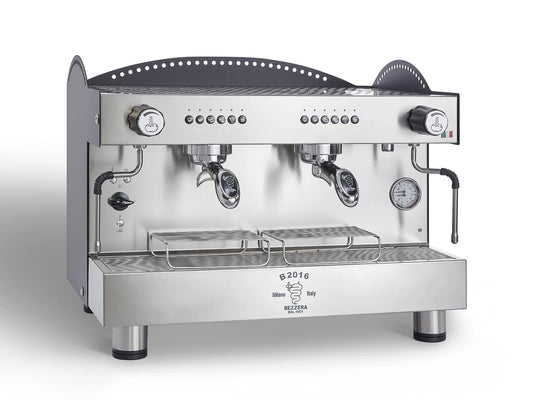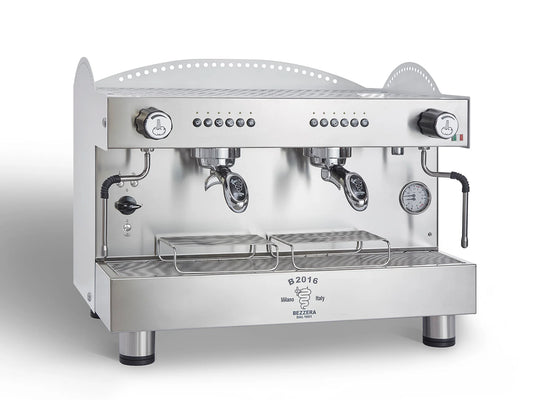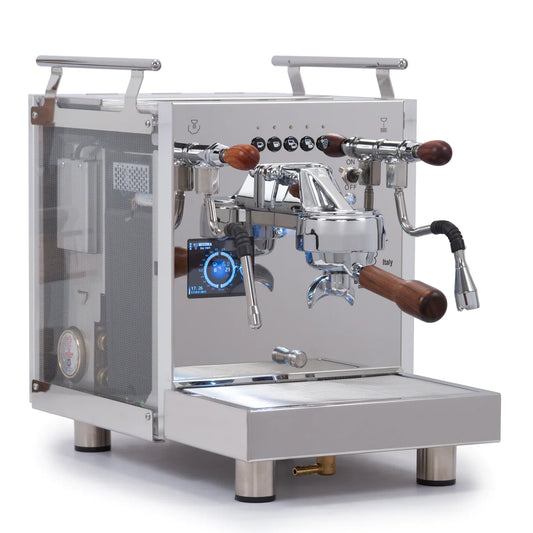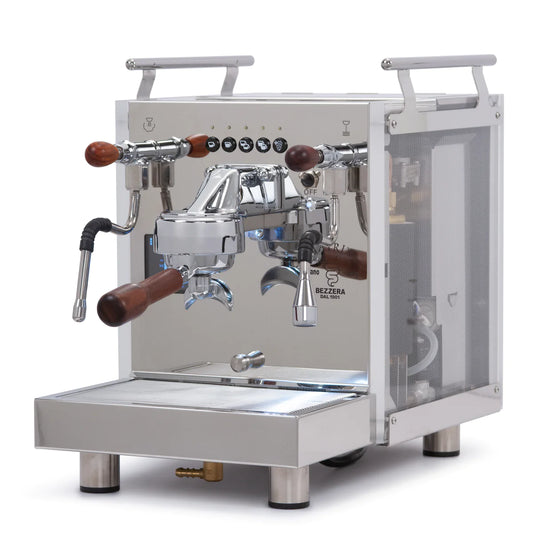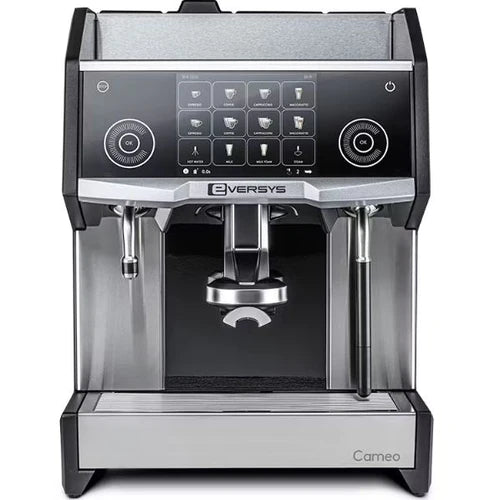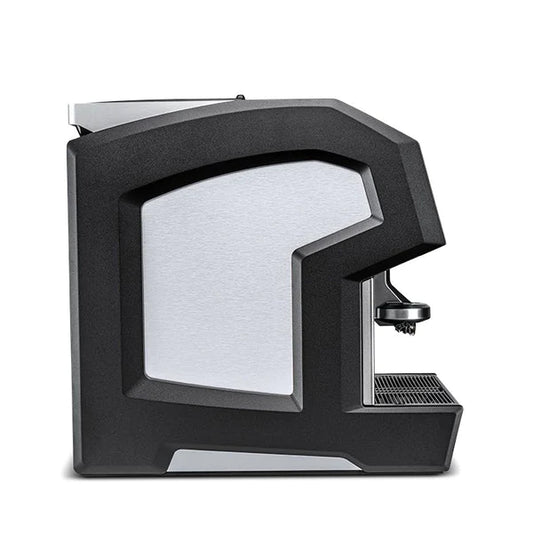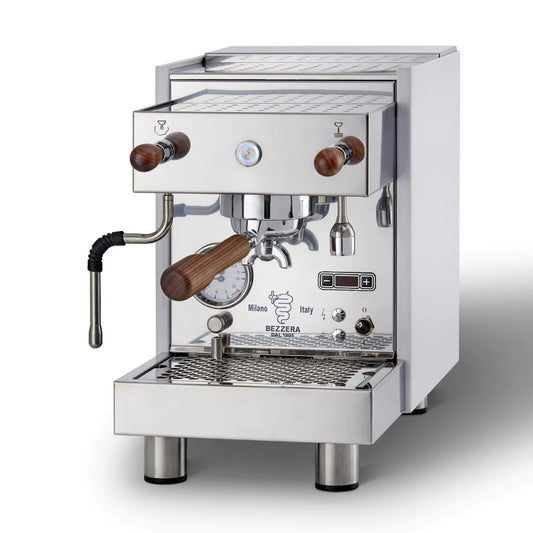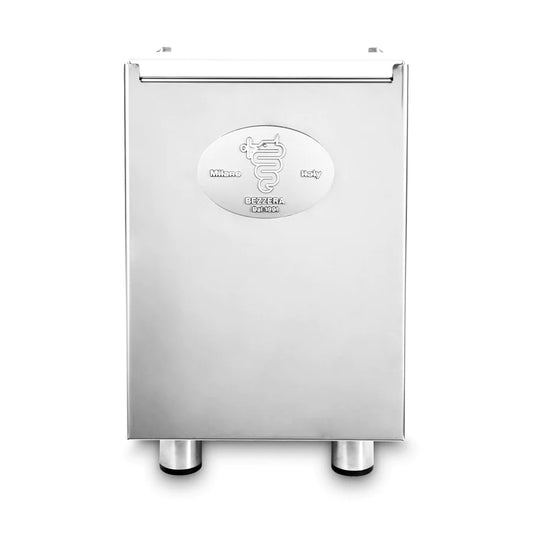The Surge of Mergers and Acquisitions in the Coffee Industry: Trends and Implications
Table of Contents
- Key Highlights:
- Introduction
- Record-Setting Acquisitions: A New Norm?
- The Drivers Behind Market Consolidation
Key Highlights:
- The coffee industry has seen a surge in acquisitions, with significant deals surpassing the billion-dollar mark, driven by market saturation and changing consumer preferences.
- Major players like Coca-Cola and Chobani have expanded their portfolios through strategic purchases to tap into new consumer segments and trends, particularly in ready-to-drink coffee.
- Industry experts anticipate continued consolidation due to rising operational costs and volatile market conditions, potentially leading to fewer choices for consumers.
Introduction
In recent years, the coffee industry has been marked by noteworthy mergers and acquisitions, capturing the attention of investors, analysts, and consumers alike. The trend can be attributed to a variety of factors, including shifts in consumer preferences away from sugary beverages towards coffee, saturation in mature markets, and the relentless pursuit of growth by major brands. As these dynamics unfold, questions about the future of the coffee sector arise, particularly regarding market volatility and the potential for continued consolidation. This article delves into the driving forces behind these acquisitions, the implications for the industry, and what the future may hold for coffee lovers worldwide.
Record-Setting Acquisitions: A New Norm?
The coffee industry has seen unprecedented merger activity over the past decade, with several high-stakes deals making headlines. A pivotal moment occurred in 2018 when Coca-Cola acquired UK-based Costa Coffee for a staggering $5.1 billion. This acquisition, marked as Coca-Cola's largest-ever brand purchase, illustrated a strategic pivot by the beverage giant aimed at capitalizing on the rising demand for coffee amidst dwindling sales of sugary drinks.
Costa Coffee, at the time, represented the largest coffee chain in the UK, boasting over 2,400 outlets domestically and an additional 1,400 locations internationally. The acquisition was perceived as a method for Coca-Cola to diversify its product offerings and enhance its market presence in the rapidly growing coffee segment. This strategic shift echoed similar sentiments observed when Nestlé purchased the U.S. specialty roaster Blue Bottle Coffee for approximately $425 million just a year earlier.
In 2023, the tempo of acquisitions continued unimpeded with De’Longhi acquiring stakes in premium brands such as La Marzocco and Eversys, reflecting a trend where established brands are not only expanding their offerings but also focusing on acquiring cutting-edge technologies and production capabilities.
Emerging Partnerships and Unique Acquisitions
Beyond the billion-dollar deals, mid-size and smaller coffee brands are also navigating the waters of acquisition. In a surprising turn in 2023, Chobani – primarily known for its Greek yogurt – purchased La Colombe Coffee Roasters for $900 million. This strategic acquisition highlighted Chobani's ambition to delve deeper into the coffee realm, tapping into growth opportunities in the ready-to-drink coffee category. As younger consumers increasingly favor convenience, the ready-to-drink format saw consumption rise by an impressive 43% between 2019 and 2023.
Chobani's spokesperson noted the synergies expected from the acquisition, focusing on expanding product innovation and accessibility within the ready-to-drink coffee market. This aligns with broader consumer trends, where there is a substantial shift toward healthier options and functional beverages.
Innovation in Brewing Technology
The pursuit of growth isn't solely relegated to acquisitions of consumer brands; technology and innovation play a pivotal role as well. For instance, in December 2024, Simonelli Group, a leading espresso machine manufacturer, acquired a stake in Swedish coffee filter company 3TEMP. This investment aimed at enhancing Simonelli's footprint in the fast-growing specialty coffee market while leveraging 3TEMP’s sustainable and advanced brewing technology.
Marco Feliziani, Simonelli's CEO, stressed the significance of staying at the forefront of innovation, particularly as consumer demand for specialty coffee grows. By investing in 3TEMP, Simonelli can better cater to a range of coffee preferences and elevate the standards in the brewing landscape, which speaks to the ongoing evolution of consumer tastes and market dynamics.
The Drivers Behind Market Consolidation
One of the core reasons for the wave of consolidation in the coffee sector is the saturation of mature markets, particularly in Europe, where the demand for coffee has plateaued. In these regions, larger companies are focusing on acquiring smaller competitors to bolster market share rather than relying solely on organic growth. The increasing pressures of operational costs, including the rising prices of green coffee beans and logistical challenges stemming from global conflicts, create a precarious environment for smaller brands that struggle to maintain profitability.
Gerd Mueller-Pfeiffer, an international coffee consultant, emphasizes the precarious position of many companies in the current market. With fluctuating green-bean prices causing some businesses to operate on thin margins, larger companies are seizing opportunities to absorb struggling brands, improving their own market position and purchasing power.
Implications for Smaller Brands and Market Dynamics
While consolidation can drive efficiencies and growth for some companies, it also presents challenges for smaller, independent coffee shops and brands that thrive on creativity and local innovation. The risk of decreased choices and potential price increases looms large as market competition diminishes. Consumers are likely to witness a narrowing of options, stemming from an environment where a few large entities control the majority of market share.
Despite concerns about monopolistic tendencies within the sector, experts like Mueller-Pfeiffer believe that the coffee industry will not follow a path wherein a handful of brands dominate the entire market. Given the diverse nature of coffee consumption and preferences, brands like JDE Peet's, Starbucks, and Nestlé may shape the landscape, but they will not completely overshadow smaller, independent producers.
The Future of the Coffee Sector
With an uncertain economic environment, how will consolidation impact the coffee industry moving forward? While some acquisitions are celebrated as vehicles for innovation and expansion, others raise questions about the potential loss of creativity and diversity. Chobani argues that consolidation, when executed thoughtfully, can yield significant benefits—as evidenced by its acquisition of La Colombe, which enables greater scale and opportunity for innovation.
However, the delicate balance between size and creativity might lead some coffee enthusiasts to lament a diminished landscape where local shops and unique offerings could become scarce. Will independent coffee shops see a resurgence as consumer preferences shift back toward local and artisanal products?
The Innovations Ahead
Even among concerns about consolidation, innovation within the coffee industry continues unabated. Advancements in brewing techniques, sourcing practices, and product formulations can redefine consumer experiences. Companies like Simonelli Group are paving the way for technological breakthroughs, positioning themselves as leaders in the specialty coffee market while embracing sustainable practices.
As the coffee landscape evolves, the synergy between established brands and innovative newcomers will help shape the sector's future. The challenge lies in navigating the complexities of acquisitions, ensuring that they enhance market diversity rather than diminish it.
FAQ
What factors are driving the recent mergers and acquisitions in the coffee industry?
Several factors contribute to the rise in mergers and acquisitions, including market saturation in mature areas, the shift towards coffee consumption over sugary drinks, rising operational costs, and the pursuit of innovative technologies.
How do acquisitions like Chobani's purchase of La Colombe affect the consumer market?
Such acquisitions can lead to greater product innovation and availability but may also raise concerns about reduced choices and potential price increases as competition diminishes.
Will smaller, independent coffee shops survive the trend toward consolidation?
While larger brands may dominate certain market segments, consumer desire for unique local offerings suggests there may be space for independent shops to thrive alongside corporate giants.
How does consolidation impact coffee pricing for consumers?
As competition decreases due to consolidation, consumers may face higher prices due to reduced alternatives in the marketplace. However, economies of scale achieved by larger companies may also lead to lower prices for some products.
What future trends should coffee consumers and producers watch for?
Technological advancements in brewing methods, a focus on sustainability, and the growing popularity of ready-to-drink coffee formats are trends to monitor. Additionally, potential shifts in consumer preferences toward local and artisanal brands could reshape the market landscape.

